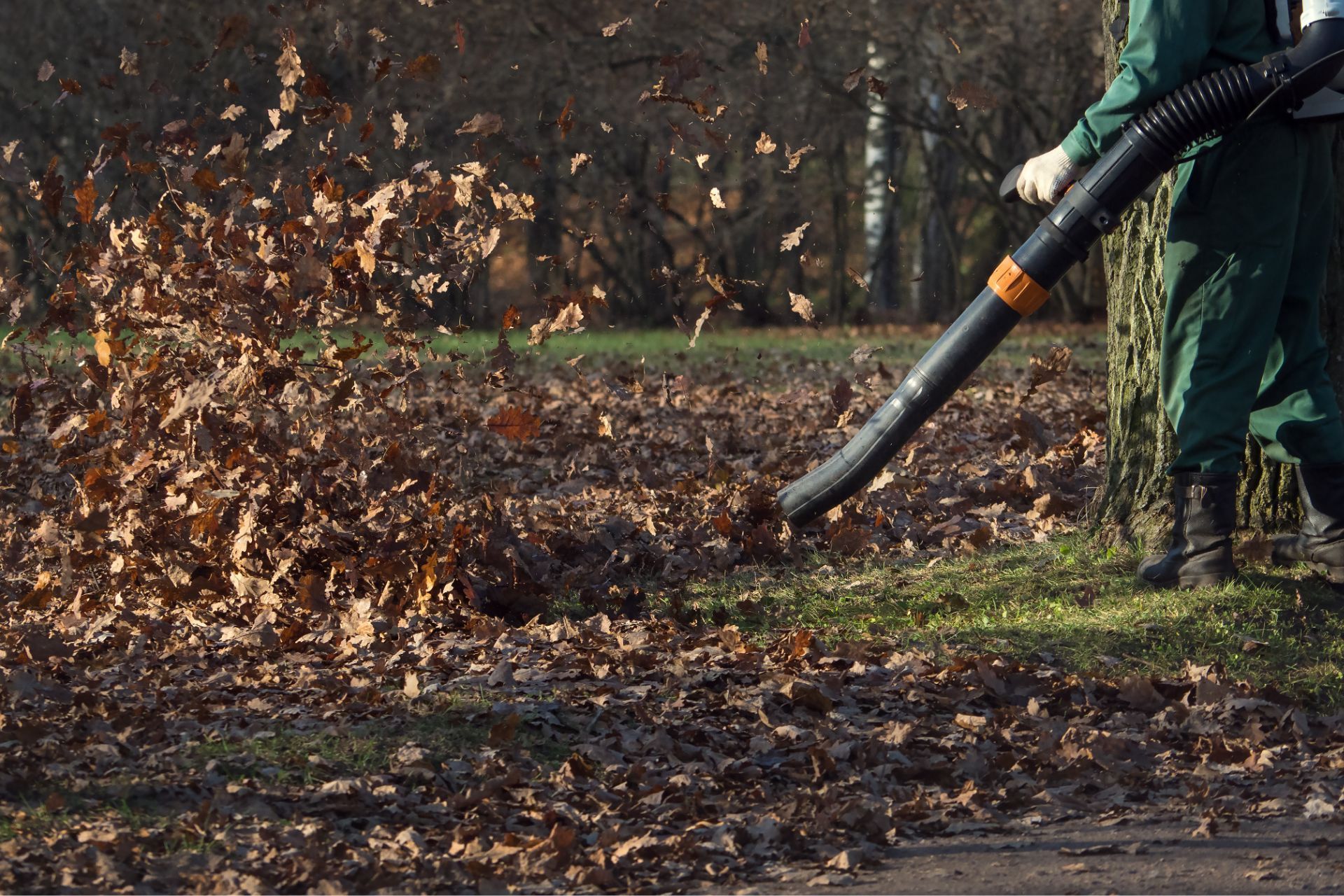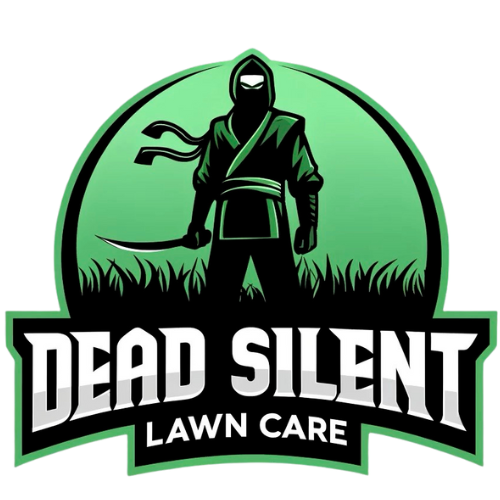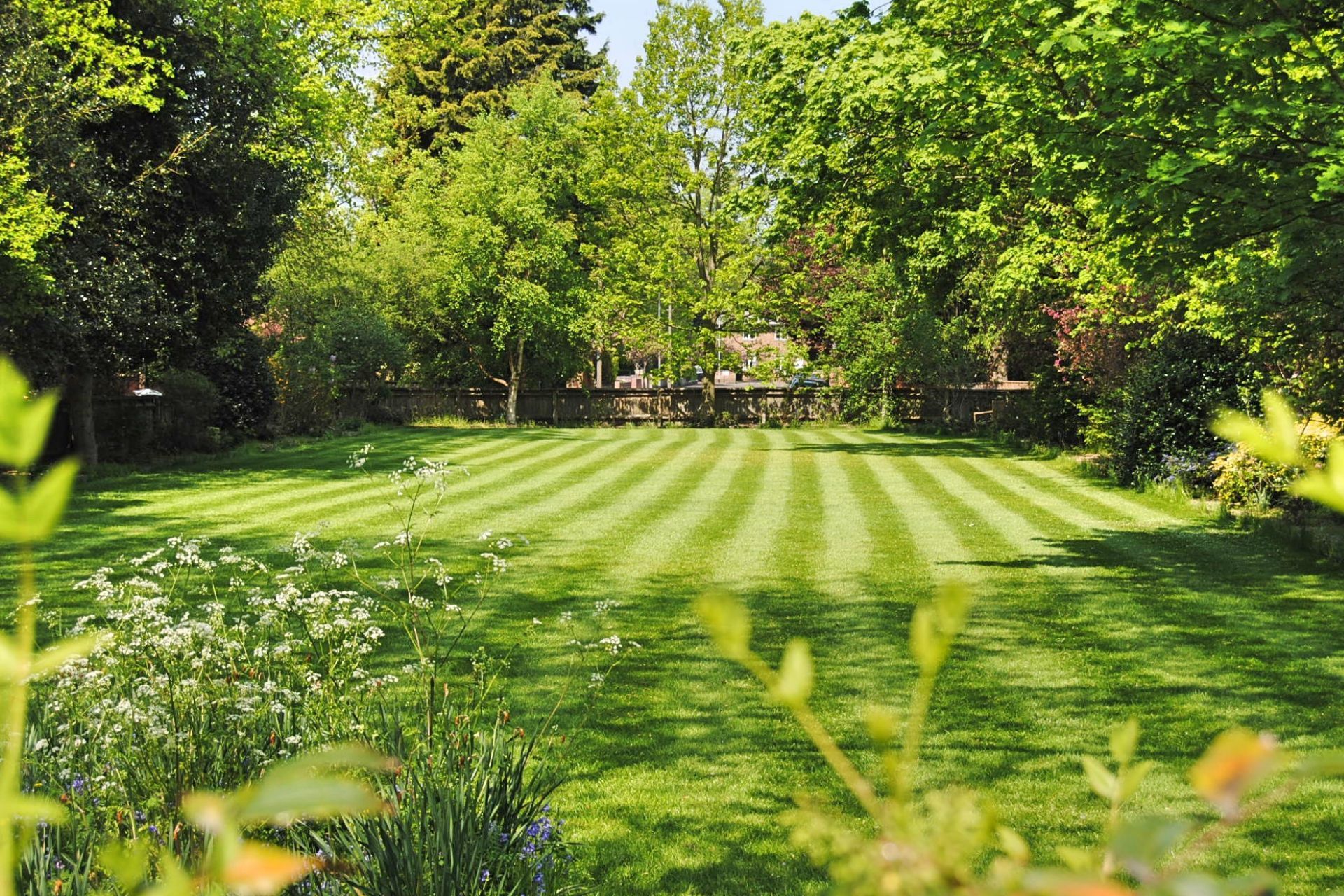The Hidden Costs of Skipping Leaf Removal in Athens
As autumn paints the landscapes of Athens, GA with vibrant hues, it also brings an annual chore for homeowners—leaf removal. While it might be tempting to leave fallen leaves where they lie, neglecting this task can lead to hidden costs and detrimental effects on your lawn and property. At Dead Silent Lawn Care, we emphasize the importance of regular leaf removal to maintain a healthy and attractive lawn. Here’s why skipping this essential task can be costly.

The Impacts of Skipping Leaf Removal
Fallen leaves can create several issues if left unattended, affecting both the aesthetic and health of your landscape.
Lawn Damage
Smothered Grass:
A thick layer of leaves can smother your lawn, blocking sunlight and air from reaching grass blades. This impedes photosynthesis, weakening your lawn and stunting its growth.
Excess Moisture Retention:
Leaves trap moisture underneath, creating a damp environment conducive to fungal diseases that can damage your grass and soil.
Pest Attraction:
Decaying leaves attract pests such as slugs, snails, and insects, which can further damage your lawn and garden beds.
Increased Maintenance Costs
Fungal Diseases:
Conditions created by decomposing leaves increase the likelihood of fungal problems, which may require costly treatments or lawn repair to resolve.
Spring Lawn Recovery:
Ignoring leaf removal might necessitate intense spring lawn recovery efforts, involving reseeding or heavy fertilization to rejuvenate affected areas.
Clogged Gutters and Downspouts:
Leaves that find their way into gutters create blockages, potentially leading to water damage, roof issues, and costly repairs.
Environmental Concerns
Nutrient Depletion:
While leaves decompose eventually, the excessive mass can lead to uneven nutrient distribution, disrupting soil balance.
Water Runoff Pollution:
Decaying leaves in street gutters contribute to nutrient runoff, impacting local waterways and ecosystems.
Benefits of Regular Leaf Removal
Maintaining a consistent leaf removal schedule offers several advantages for homeowners.
Healthier Lawn
Regular leaf removal supports a healthy lawn by providing adequate sunlight, air, and water circulation to grass roots, preventing fungal diseases and promoting vigorous growth.
Enhanced Curb Appeal
A leaf-free lawn presents a tidy and inviting landscape that enhances your home’s curb appeal, contributing positively to property value.
Easier Seasonal Transitions
Keeping your landscape clear of leaves facilitates other seasonal maintenance tasks, such as aeration and overseeding, ensuring a seamless transition through the seasons.
Leaf Removal Tips
Ensure effective leaf clean-up with these practical tips.
Use the Right Tools
Rake:
Invest in a good-quality, adjustable leaf rake that’s effective and gentle on grass.
Mulching Mower:
Consider mowing over leaves with a mulching mower to break them down into fine, beneficial compost for your lawn.
Leaf Blower:
Utilize a leaf blower for efficient gathering, especially effective in larger yard spaces.
Schedule Regular Removal
Plan routine leaf removal sessions throughout fall to manage the volume of leaves efficiently, preventing overwhelming buildup.
Compost Leaves
Compost the leaves when possible, creating nutrient-rich compost that can be used to enrich garden beds in the future.
Conclusion
Neglecting leaf removal can lead to hidden costs that affect both the health of your lawn and your finances. By maintaining a proactive leaf removal schedule, Athens homeowners can avoid damaging their landscape and prepare their lawns for a healthy growing season. At Dead Silent Lawn Care, we’re dedicated to supporting your lawn care needs with expert solutions and sustainable practices to keep your property looking its best year-round.
Frequently Asked Questions
How often should I remove leaves from my lawn in the fall?
Remove leaves at least once a week during peak leaf fall to prevent buildup.
Can I leave some leaves on my lawn to decompose naturally?
Leaving a thin layer of mulched leaves is beneficial; however, thick layers should be removed to avoid suffocating the grass.
What should I do with gathered leaves?
Consider composting or using them as mulch in garden beds to enrich the soil.
Is a leaf blower better than a rake for leaf removal?
Leaf blowers are useful for large areas, while rakes offer precise control, especially in smaller spaces or around delicate plants.
Can leaf removal prevent lawn diseases?
Yes, regular leaf removal reduces moisture and debris accumulation, helping prevent fungal diseases and promoting lawn health.


